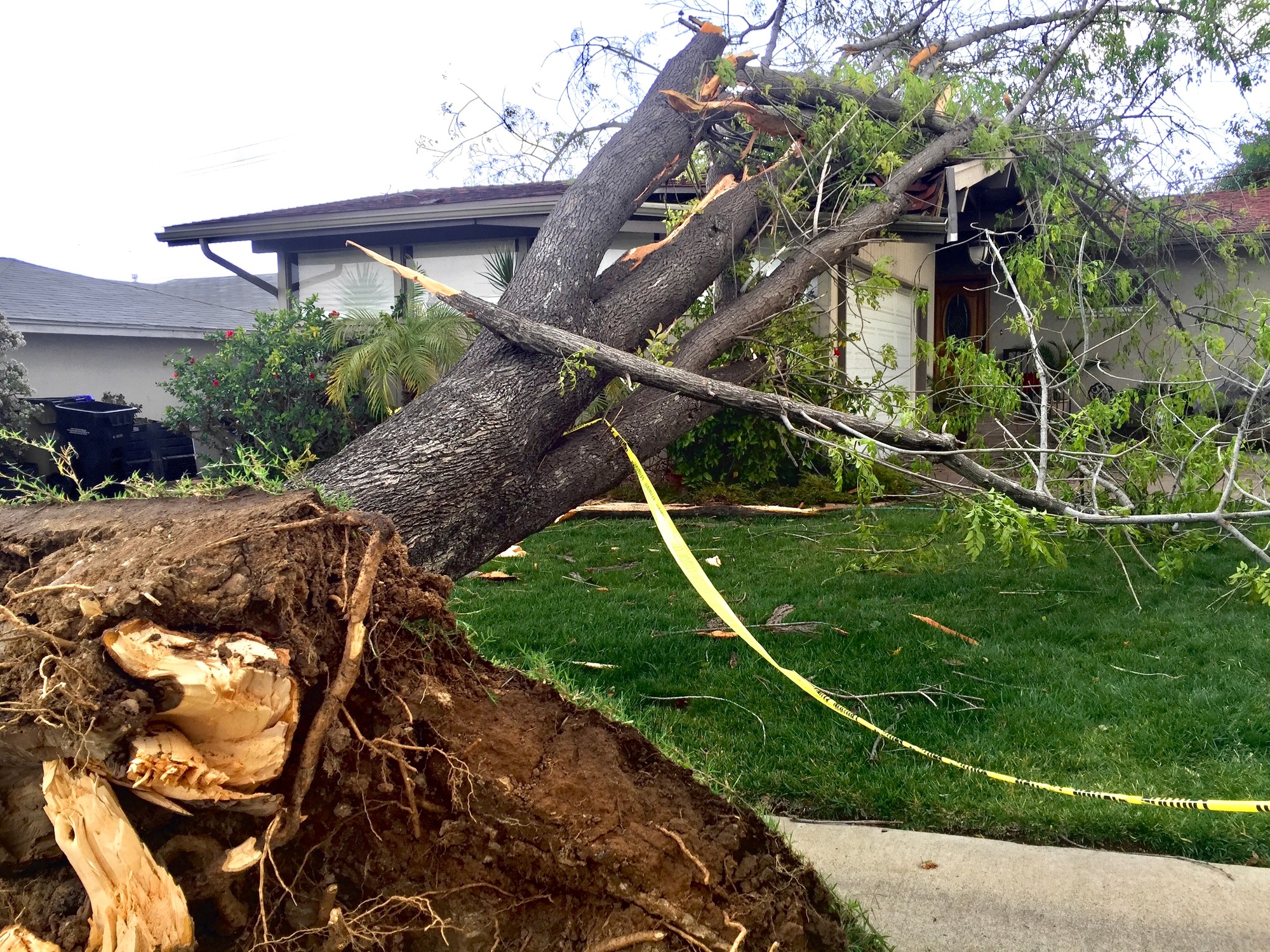Unpredictable natural disasters can cause stress and financial strain for homeowners’ associations (HOAs) in Houston. A crucial player in preparing for these events, property managers ensure that communities are well-equipped with actionable emergency preparedness plans. At RISE, our Houston-based property management team works closely with HOAs to create effective disaster response strategies that help protect lives, homes, and investments.
1. Understanding the Risks Specific to Houston
Houston is vulnerable to a range of natural disasters, namely hurricanes, flooding, and severe storms. Property managers should consider conducting a comprehensive risk assessment to identify which natural events are most likely to impact their communities. For example, areas close to bayous may face higher flood risks, while coastal regions near Galveston Bay will be more susceptible to hurricanes. Understanding unique and specific risks allows HOAs to adjust their emergency preparedness plans accordingly.
Key Action: Property managers can collaborate with local authorities and disaster management agencies to stay updated on recent disaster patterns, forecasts, and city-wide protocols.
2. Developing a Comprehensive Emergency Preparedness Plan
A well-crafted emergency plan is essential for effective disaster response. This plan should outline critical steps for various scenarios, from hurricanes to power outages. Key elements to include are:
- Evacuation Routes: Provide clearly marked routes and maps for safe evacuation.
- Communication Protocols: Keep a detailed contact list and communication plans to keep all residents informed.
- Roles and Responsibilities: Clearly assign roles to board members and volunteers for emergency response.
Property managers can help HOAs develop these plans, ensuring they are detailed and accessible to all community members. The plan should be consistently reviewed and updated annually to reflect changes to community or local emergency guidelines.
Maintain both physical and digital copies of emergency plans to ensure they’ll remain accessible in the event power or internet are unavailable.
3. Establishing Reliable Communication Channels
Reliable, clear communication is crucial during a disaster. Property managers can help set up efficient communication systems, beginning with email alerts, phone trees, and emergency notification apps that keep residents informed and updated as the situation changes.
Consider implementing an emergency communication platform that allows real-time updates, as some disasters may require immediate action. Platforms like text message alerts or community-wide apps provide flexibility, allowing property managers to promptly deliver critical information to the entire HOA.
4. Ensuring Proper Maintenance of Essential Infrastructure
In natural disasters, well-maintained infrastructure can mitigate damage and expedite recovery. Property managers should perform regular checks and maintenance on community structures, including drainage systems, roofs, and other essential equipment. For example, clearing storm drains and maintaining retention ponds in Houston’s flood-prone areas can reduce or prevent property damage.
Key Action: RISE recommends performing seasonal inspections ahead of known risk periods, such as hurricane season, to proactively address any necessary repairs or reinforcements.
5. Establishing Relationships with Local Emergency Resources
Partnering with local emergency services and disaster response agencies can be invaluable for HOAs. Property managers can establish these connections on behalf of the community, guaranteeing rapid responses and assistance in an emergency. Collaborating with local agencies like Houston Office of Emergency Management can help facilitate evacuations and ensure residents receive timely updates during a crisis.
For communities prone to floods, relationships with flood mitigation organizations or services that can deploy pumps and barriers may be especially beneficial. Local partnerships streamline communication and allow for more effective disaster responses tailored to the unique needs of Houston HOAs.
6. Hosting Educational Workshops for Residents
Minimize panic and confusion during disasters by preparing the community in advance. Property managers can organize workshops and informational sessions for residents to learn emergency procedures, evacuation routes, and the role of the HOA in disaster management. Workshops might cover topics like “Preparing an Emergency Kit,” “Safeguarding Valuables,” or “Pet Evacuation Planning.”
These educational sessions also serve as a reminder of the HOA’s commitment to resident safety and preparedness, reinforcing trust within the community.
7. Encouraging Personal Preparedness Among Residents
While the HOA and property managers handle emergency preparedness on a community level, it’s essential to remind residents of their personal responsibilities. Residents should keep their own emergency kits, personal evacuation plans, and a secure storage plan for important documents. Property managers can provide checklists or resources on building emergency kits, creating family evacuation plans, and securing valuable items to minimize loss.
Collaborative Preparedness
Effective emergency preparedness is a collaborative effort. By working with HOAs to assess risks, create actionable plans, and build strong communication and resource networks, property managers like those at RISE help Houston communities stay safe and strong. With the right strategies, HOAs can reduce the impact of natural disasters, empower their residents, and prepare their community for whatever nature may bring.







